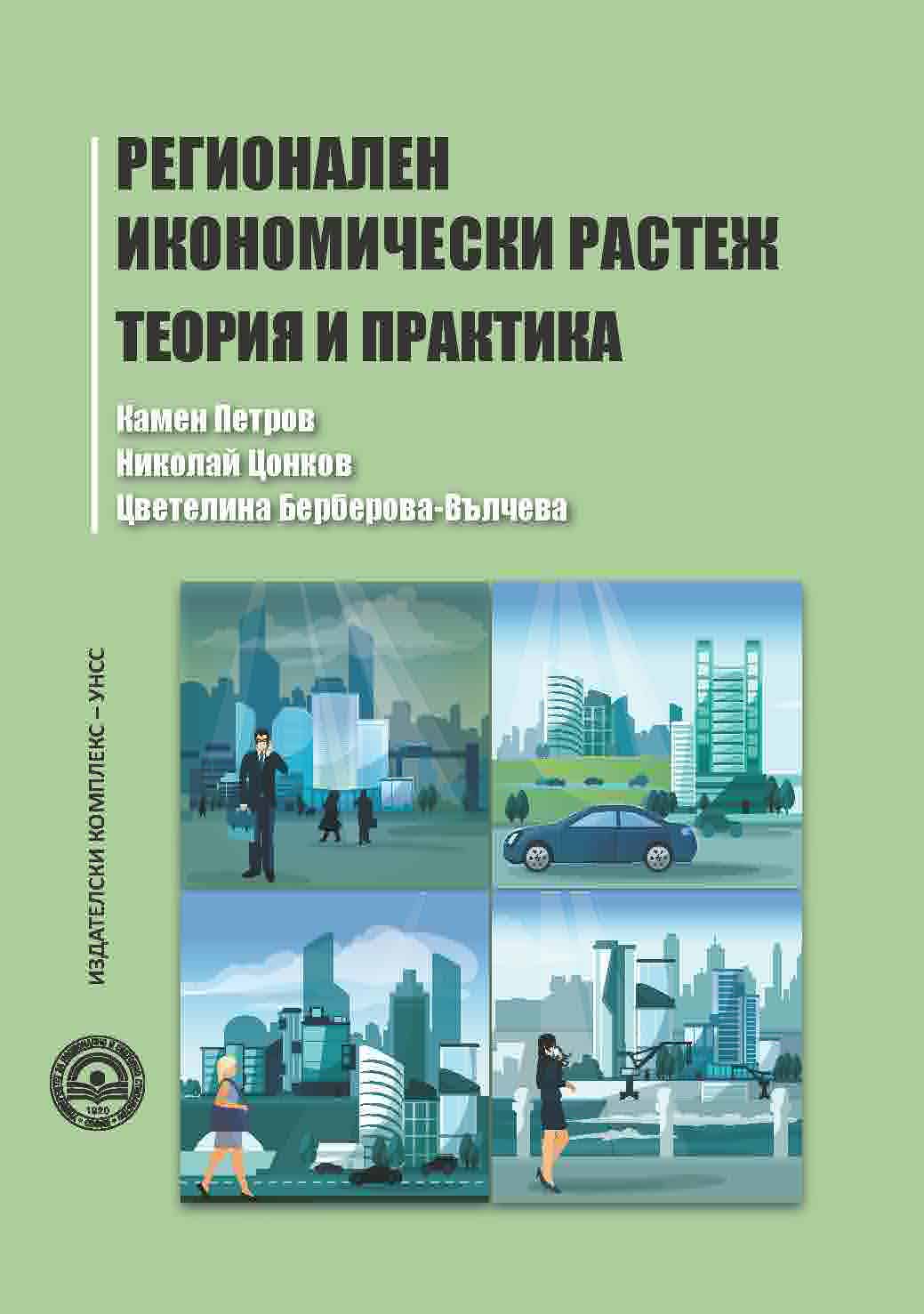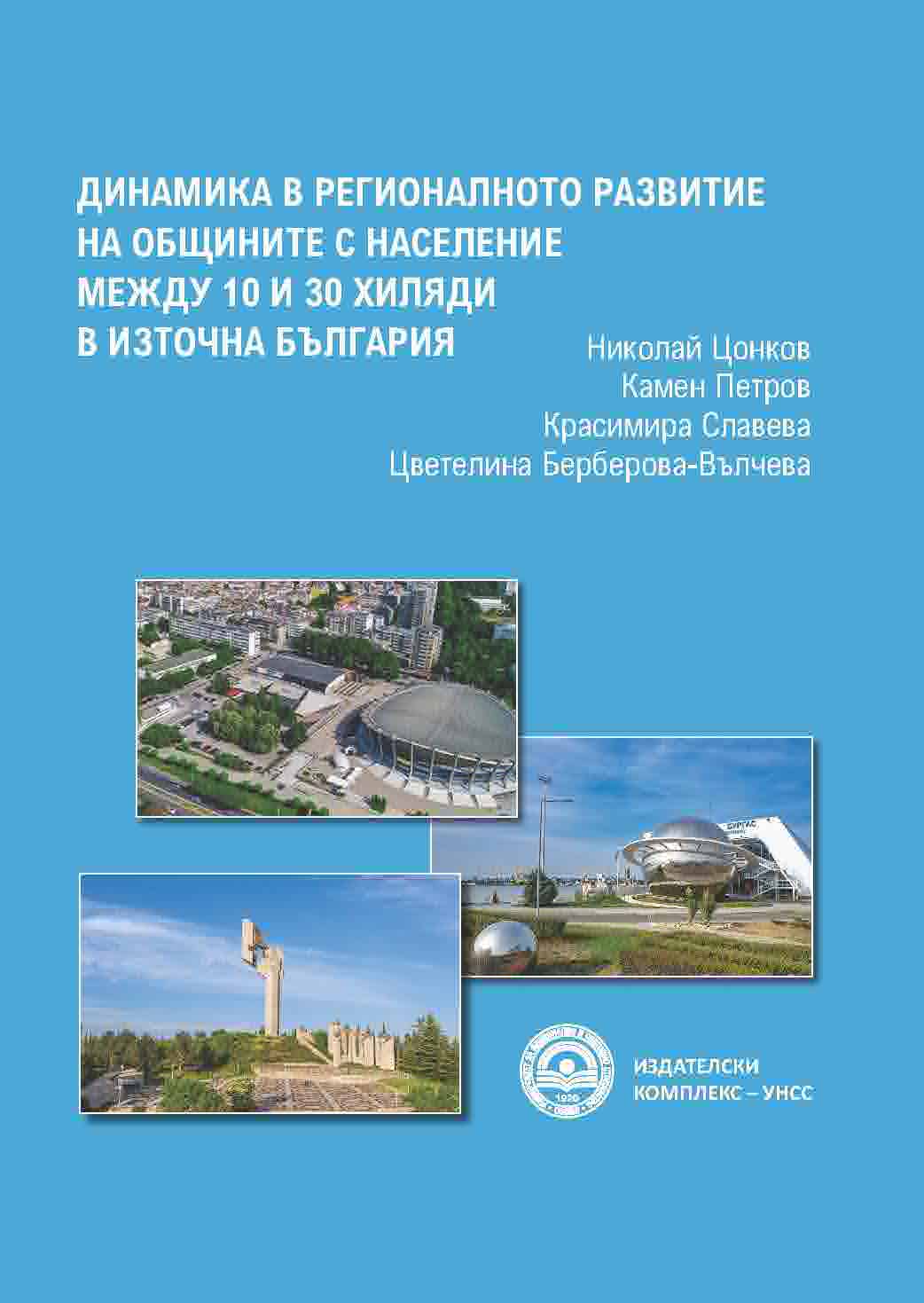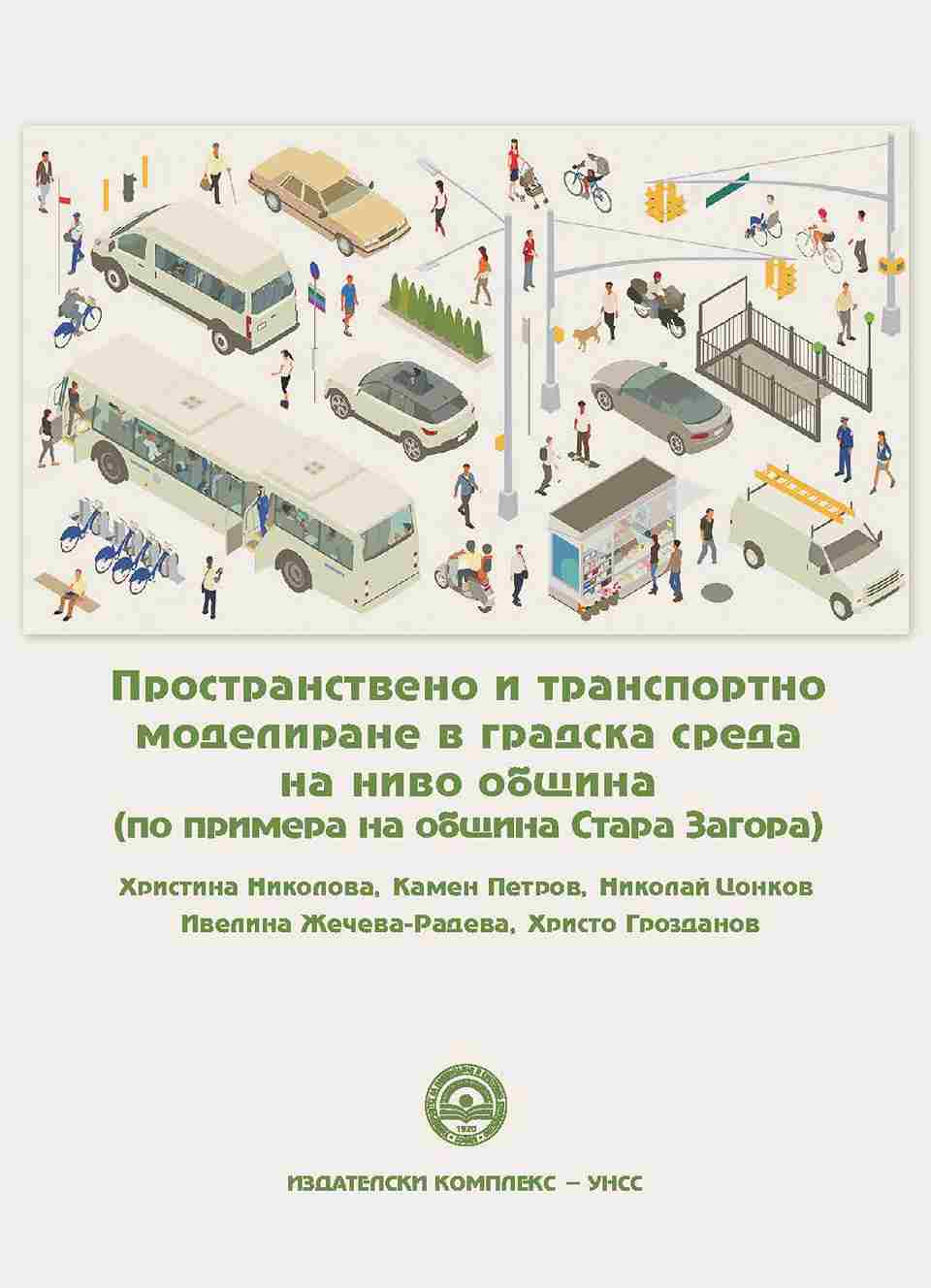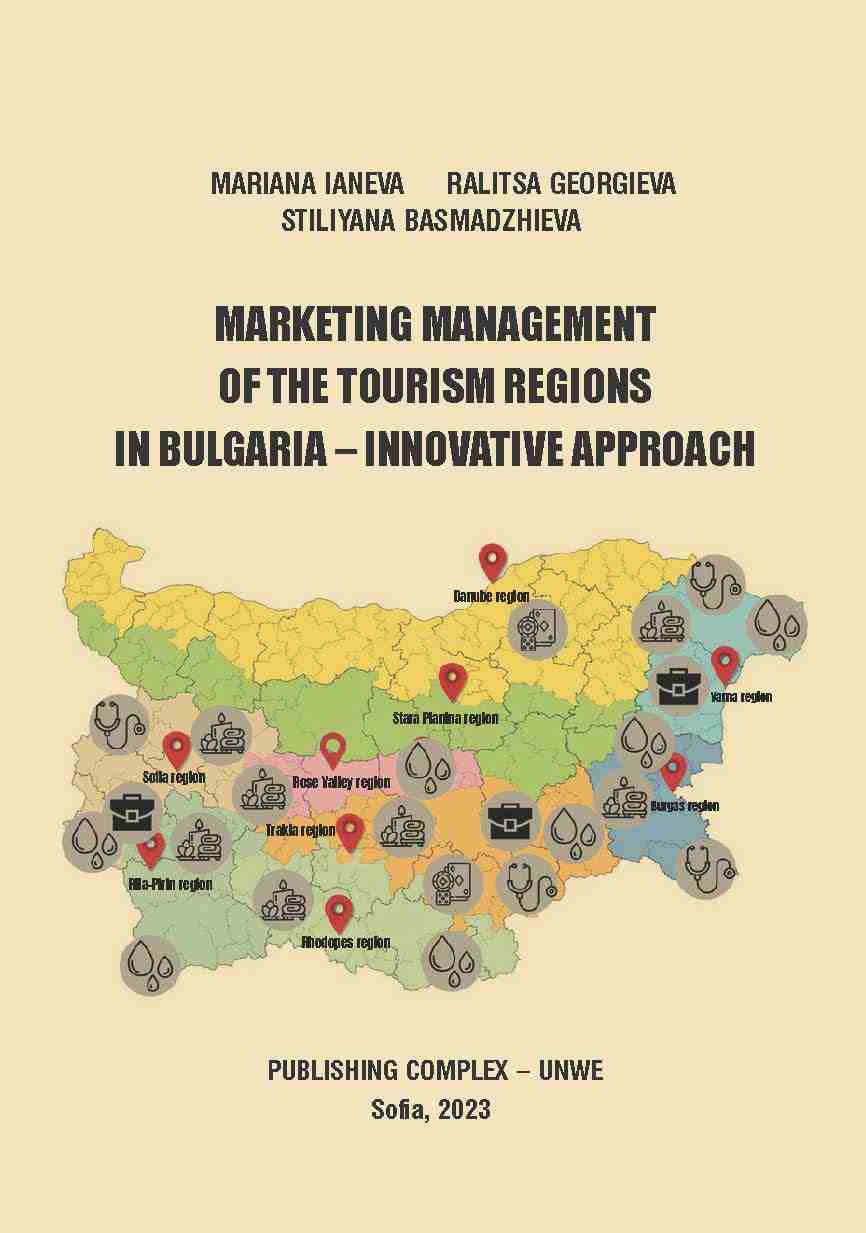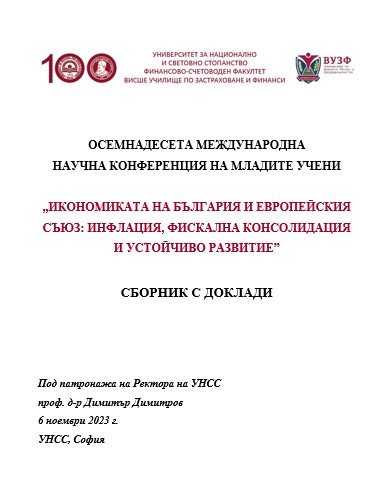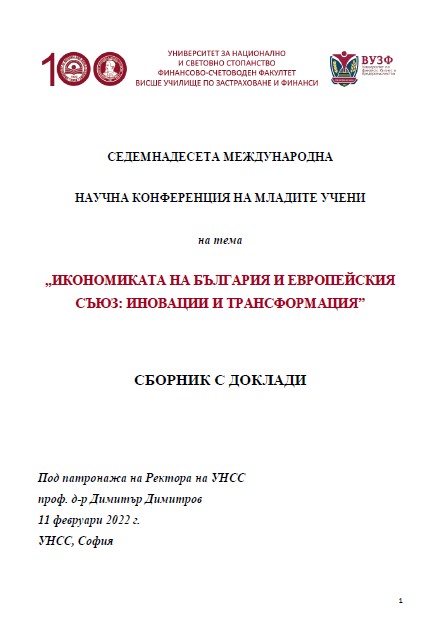Пространствено и транспортно моделиране в градска среда на ниво община (по примера на община Стара Загора)
Author(s): Christina Nikolova,Kamen Petrov,Nikolay Tsonkov,Ivelina Zhecheva-Radeva,Hristo Grozdanov / Language(s): Bulgarian
Keywords: urban transport; urban mobility; modeling; regional development; municipality; Stara Zagora; urban environment; transport scheme; tariff policy
Globally, the transport sector is in a period of significant changes associated with using new technologies, products, and services that contribute to a change in customer attitudes and requirements. All this is causing a rapid development of the market for services providing so-called 'smart mobility'. In this context, users of services related to the transport sector and all other stakeholders need to take account of changes in mobility within a global and integrated system. The concept of mobility as a service facilitates the development of a profitable market for a new type of transport service. Renewed opportunities for the traditional transport and infrastructure sector are part of the concept of innovative services and cooperation in transport. The Mobility as a Service (MaaS) concept integrates different modes of transport into a single journey. It combines the capabilities of different modes of transport and transport operators to provide a public transport service scheduled as a journey for which a public price is paid. The development of Sustainable Urban Mobility Plans offers various measures to stimulate and support local, regional, and national authorities in achieving sustainable urban mobility objectives, including meeting the mobility needs of people and businesses in and around cities to ensure urban accessibility and a better quality of life. The main objective of the present study is to propose options for optimization of the public urban transport scheme and measures for improvement of the tariff policy through the analysis of strategic documents, spatial development, and the state of urban transport in Stara Zagora municipality. In this sense, the optimization of the transport scheme and the conceptualization of the tariff policy as a tool for achieving sustainable urban mobility are linked to the analysis of the existing transport scheme and policy, and subsequently define and analyze proposals for the introduction of new tariff products for travel by public transport, which would contribute to increasing the demand for public passenger transport in cities and assess their impact in terms of transport volumes, passenger flow and estimated revenues from sales of the relevant tariff documents. It should be borne in mind that the accuracy and correctness of forecasts based on such studies are not always high. This conclusion is confirmed by several studies carried out in France and the UK, as well as by studies on the discrepancies between forecasts and actual ridership figures for many urban mobility plans implemented worldwide. Significant variances do occur, and these are mainly related to methodological problems, poor quality data, changes in consumer behavior, unaccounted-for externalities, force majeure (e.g. the COVID-19 pandemic situation, unforeseen changes in fuel prices, etc.), unforeseen political factors, variances in consultants' estimates, variances in investment cost estimates, etc. Furthermore, when forecasts must be made over a long-term period, and within that timeframe many of the external factors that are included in the models (such as fuel prices, traffic growth, and political conditions) can change significantly. Demand for public passenger transport is determined based on potential passengers who travel and will continue to travel by public transport, as well as those who state their willingness to use public transport under certain conditions and will be allocated to modes by the requirements for optimizing transport costs, travel times and the quality of services. An important factor influencing the change in passenger demand in recent years has been the development and implementation of electronic charging systems. However, the effect of these developments is not always related to optimizing journeys and generating higher revenues from ticket sales. In many cases, their results are relevant to changing the volume and characteristics of transport services demanded. For example: transport operators could use these systems to improve the quality of transport services and optimize their prices; the use of mobile applications and the Internet enables customers to reduce the number of journeys and optimize their consumer transport costs, etc. The citizens of Stara Zagora municipality define the state and development of urban transport as an essential indicator of socio-economic well-being and development. In addition, urban transport is also facing several trends, such as increased traffic and congestion, dirty air, noise, and other problems identified by the municipality's residents. In addition: the deteriorated state of road infrastructure, the lack of sufficient parking spaces, the unattractiveness of public transport, and poor-quality repairs hurt the provision of a quality transport service. Finding a solution to slow travel in the city can be achieved through the priority development of public electric transport, cycling, and micro-mobility.
More...



